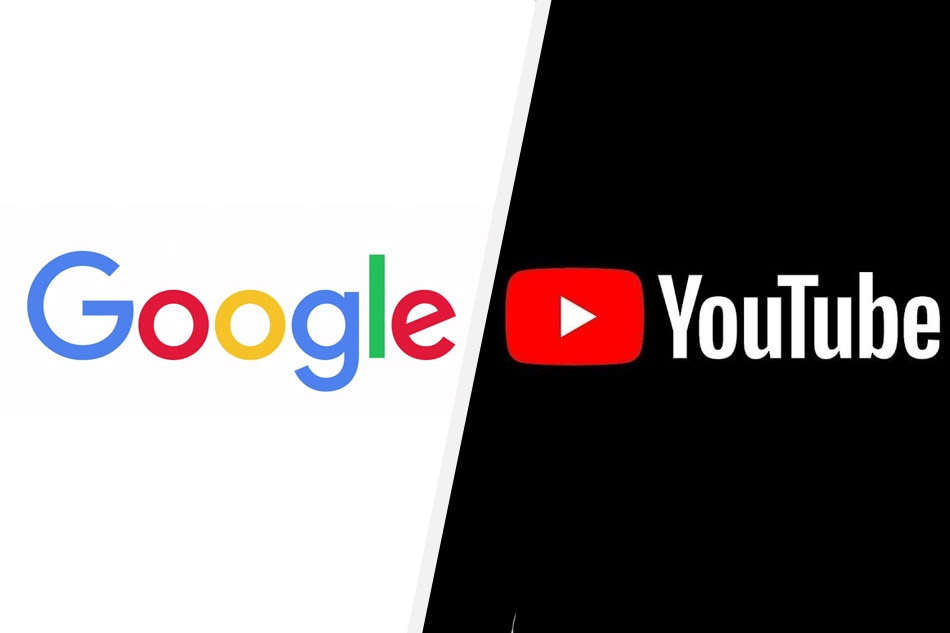After the stratospheric profit boom for Google and Youtube due to the pandemic, the return to earth and normal profits for 38 Alphabet, the parent company of Google, made a profit of 16.4 billion USD in the first quarter, 8% less than a year ago, a sign of a return to normal after the pandemic boom.
At more than USD 68 billion, its turnover has jumped by 23% year-on-year, but it is also slightly below analysts’ expectations. The Californian group suffers from the comparison with the year 2021 when advertisers invested heavily in online advertising to be seen by consumers glued to their screens because they could not go out as much as before.
After the end of the pandemic and the resumption of in-person operations, “time spent on YouTube has continued to grow,” assured Alphabet executive Sundar Pichai during the conference call to analysts. But the platform disappointed with little year-over-year growth. Ads on the video platform generated “only” 6.9 billion USD in the first quarter, not much more than the 6 billion of last year.
Between inflation and difficulties in the global supply chain, advertisers have to “manage budgets carefully,” notes eMarketer analyst Paul Verna for AFP. And the ultra-popular TikTok platform “now poses a significant threat” in the key mobile video consumption market, he adds. Both factors “do not bode well for online advertising in general and YouTube in particular,” he added.
The YouTube platform woke up and moved into TikTok territory in March 2021 by launching YouTube Shorts, a very short format (under 60 seconds). These videos now garner “more than 30 billion daily views, four times more than a year ago,” Sundar Pichai boasted.
Sundar Pichai said that his engineers will, “as usual, focus first on creating a great experience for users before working on monetization. However, a possible “post-pandemic hangover” should not be ruled out, Paul Verna points out.
It’s clear that the big tech companies “certainly didn’t celebrate, but the health crisis boosted their business tremendously,” he explained. “That kind of growth was not sustainable. If you take that aspect into consideration, the results are not at all disastrous, Google remains a leader in search and very strong in the video.”
Ruth Porat said the comparison would be even “tougher” for the current quarter, a period also affected by the closure of its business operations in Russia, linked to the tension in Ukraine. The share of the Californian group lost about 5% in electronic trading after the close of the New York Stock Exchange.
Alphabet has also been hiring heavily – the company now has nearly 164,000 employees worldwide, up from 140,000 a year ago – and investing in research and development. In early March, the company announced plans to buy cybersecurity firm Mandiant for about $5.4 billion to bolster its cloud offering. Google Cloud saw its revenues jump by 44% to 5.8 billion USD in the first quarter.
Google also announced on Tuesday April 26 that it will add information to the applications available on its download platform, Play Store so that users will be more aware of the data that is collected on them. The Android operating system, which is owned by Google, is the interface on the overwhelming majority of cell phones in the world.



Comment here